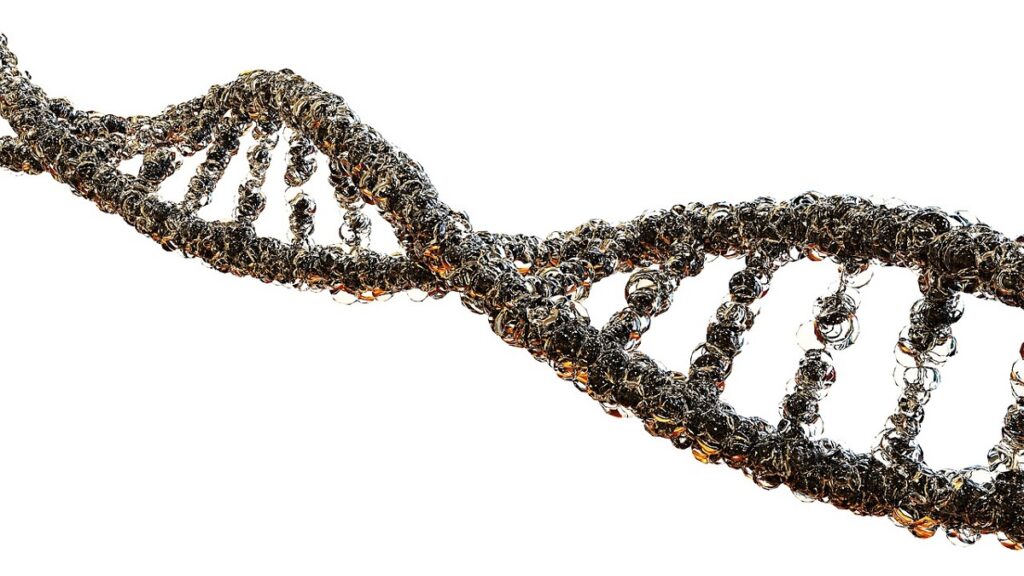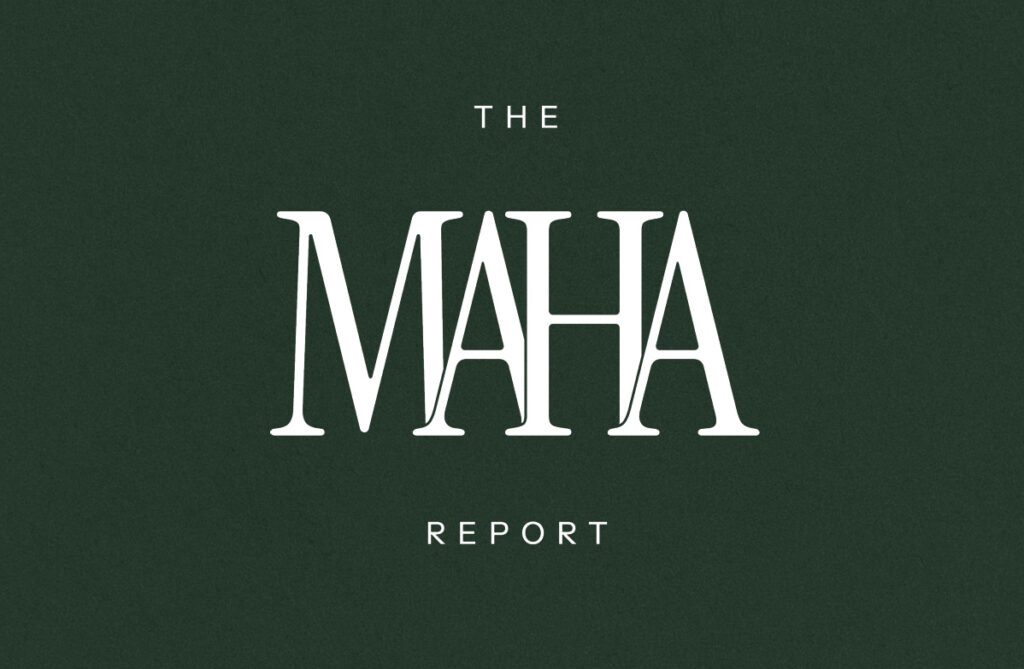Gene editing has the potential to have a significant positive impact on both the food supply and the environment, but consumer trust in the technology is critical to bring it to market and realize the benefits.
A new framework aims to drive responsible use of gene editing, and thus increase consumer trust and understanding.
The benefits of gene editing
Through precise genetic alterations, gene editing can boost disease resistance in plants and animals.
Gene editing can also help farmers produce the food our planet needs while also using fewer natural resources, addressing climate change, and maintaining the affordability of wholesome food. Furthermore, gene editing can improve the nutrition and quality of the food.
These days, consumers demand food that is safe, healthy, and produced in an ethical manner, and gene editing can deliver. However, more education about gene editing and its benefits is needed, as Bio.News has reported.
A new framework for responsible gene editing
To provide a solution, the Coalition for Responsible Gene Editing in Agriculture was established by leaders in science, agriculture, and food production.
This Coalition developed a framework for responsible use of gene editing in agriculture, providing assurances to the food system and consumers that those using gene editing within the framework are worthy of their trust. (The Biotechnology Innovation Organization has endorsed the framework.)
In addition to adhering to state and federal regulations and ethical standards set forth by professional organizations, those who abide by the framework’s best practices agree to the following principles:
- Transparency
- Stakeholder engagement
- Safety and quality
- Trade and market considerations
- Continuous improvement
- Verification
- Social considerations
The Coalition says hundreds of organizations were engaged to provide feedback and help shape the final guidelines.
“The responsible use guidelines provide a way for participants to demonstrate they’re committed to using gene editing responsibly. It gives the food industry and the public confidence that gene editing is safe and that developers are being transparent and have stewardship and quality management systems in place that are worthy of trust,” explains the Coalition.
Companies commit to responsible gene editing in food
The Coalition states that “those who follow the responsible use guidelines confirm their commitment, partnering to take action to earn trust in a technology that’s making our food and our world better.”
“The Costco members really trust us on the decision we made or the items that we buy for them and it’s that trust that we have to guard. The support of the responsible use guidelines for us is supporting our members because, frankly, gene editing will move forward and we wanted to move forward under a framework that’s well accepted and that simple that people can understand,” Craig Wilson, Vice President of the Costco Wholesale Corporation, said in a video interview.
Randy Giroux, Vice President and Global Regulatory Leader of Cargill, said in the same video that the global food products company “fully” endorses the responsible use guidelines.
“What we’ve seen as the global food system continues to evolve, our customers, more and more, are expecting us to ensure that products we produce with gene editing are commercialized responsible,” said Giroux.
“In such an interconnected global food system, building trust and transparency with governments and consumers is paramount, and so for those companies, as they move their technologies from the laboratory into the market, it is critical that they provide their trust and transparency around the safety, the transparency of what is and what is not gene-edited and that those companies act responsibly as they commercialize those products into the commodity food system,” continued Giroux.
Gene editing is ‘a powerful tool’ for food and agriculture
Emma Kovak, a food and agriculture analyst from The Breakthrough Institute, spoke about gene editing in agriculture.
“I’m really excited about gene editing in agriculture,” said Kovak. “The challenges that we have to meet in agriculture are growing, so we really need all the tools that we can get in our toolbox to address those challenges. Gene editing is a really powerful tool in that toolbox.”
Sarah Gallo, a former vice president at the Biotechnology Innovation Organization (BIO), said that coming up with a way of presenting the facts about gene editing technology was a really important part of the whole process. Technology developers had to come up with the right approach in order to address consumers’ curiosities.
“One of the issues that kept coming forward was the how. How are technology developers bringing things to the market? Who are they engaging with before they do that, and overall, who’s governing that whole system?” explained Gallo. We really set out on a path to find the right partner and the right group of people that was devoted to answering those same questions, and the Center for Food Integrity’s efforts around the framework were a perfect match,” she added.
Companies, businesses, and academic or government organizations that use gene editing or its outputs in food or agriculture are invited to join the coalition and endorse and implement the framework.
Learn more about the Coalition and the framework at geneediting.foodintegrity.org




